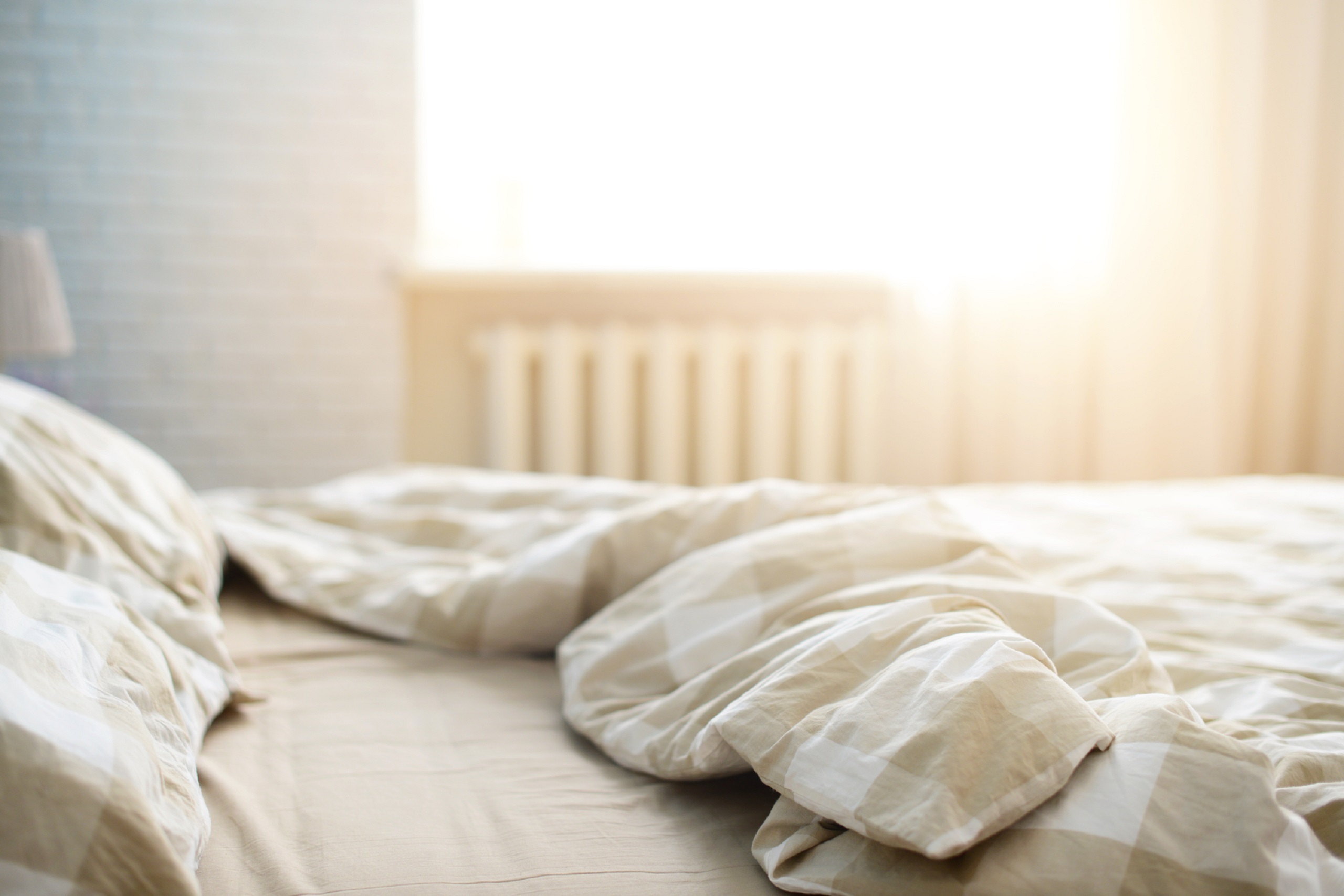How the Right Bedding – Backed by Sleep Science – Improves Your Sleep

Comfy sheets, cozy comforters, plush pillows, and a supportive mattress are all elements of a healthy sleep environment. But how do we know which materials, designs, or configurations actually make a difference? That’s where sleep validation studies come into play.
Why Bedding Matters for Sleep
We spend nearly a third of our lives in bed. The materials that touch your body for 7–9 hours each night influence your temperature regulation, spinal alignment, muscle relaxation, and even sleep onset latency (how quickly you fall asleep). A lumpy mattress or an unsupportive pillow can create discomfort that leads to tossing, turning, and fragmented sleep.
Comfort, however, is subjective. That’s why evidence-based sleep studies are essential in distinguishing between what feels good and what actually improves sleep quality.
What Are Sleep Validation Studies?
Sleep validation studies involve rigorous testing to evaluate whether a product or behavioral intervention measurably improves sleep. At SleepScore Labs, for example, researchers use contactless sleep tracking technology, polysomnography, and subjective feedback to assess:
- Sleep efficiency (time asleep vs. time in bed)
- User comfort and perception
These data points allow researchers to determine if a bedding product truly helps you sleep better—or just feels nice in the short term.
The Science of Sleep-Enhancing Bedding
Scientific evaluations have shown that various bedding components affect sleep in specific ways:
- Mattress Support and Pressure Relief
An optimal mattress supports spinal alignment while relieving pressure on the hips and shoulders. Studies show that poor support can cause muscle tension and result in next-day fatigue.
- Pillows and Neck Alignment
A pillow that maintains the natural curve of your neck can reduce cervical spine stress, which often contributes to headaches, neck pain, or nighttime awakening. Adjustable and orthopedic pillows have been studied for their ability to maintain sleep posture across positions.
- Temperature Regulation and Breathable Fabrics
Materials like TENCEL™, bamboo, and open-cell foams can help regulate temperature and reduce sweating. Body temperature naturally drops as you fall asleep, and the right bedding materials can support this biological process.
- Noise and Sensory Control
Soft bedding that minimizes crinkling and specialized pillows that incorporate sound therapy have been found to support relaxation and parasympathetic nervous system activation, especially helpful for those with stress-related sleep disruption.
Why SleepScore Advocates for Evidence-Based Bedding
At SleepScore Labs, our goal is to take the guesswork out of choosing better sleep solutions. We test bedding under real-life conditions using validated metrics that go beyond subjective comfort. Not every soft sheet or expensive pillow delivers better sleep—but those that pass scientific scrutiny often do.
When you choose bedding supported by validation studies, you’re investing not just in comfort—but in measurable, restorative sleep.
How SleepScore Can Help
At SleepScore Labs, we scientifically test bedding products—mattresses, pillows, sheets, and more—under real-world conditions using validated sleep metrics. Our research goes beyond comfort to measure how specific materials and designs impact sleep onset, duration, efficiency, and nighttime awakenings. With SleepScore’s product validation and insights, you can confidently choose bedding that’s proven to support deeper, more restorative rest.
Sources
- SleepScore Labs. (2025). Scientific Publications. Why Should You Trust Us? https://www.sleepscore.com/why-trust-us/list-of-scientific-publications/
- American Academy of Sleep Medicine. (2022). How environmental factors influence sleep quality. https://aasm.org/how-environmental-factors-influence-sleep
- Harvard Medical School. (2021). How your bedroom affects your sleep. https://health.harvard.edu/staying-healthy/how-your-bedroom-affects-your-sleep
- Sleep Foundation. (2023). Best bedding materials for temperature and support. https://www.sleepfoundation.org/best-bedding/best-cooling-sheets